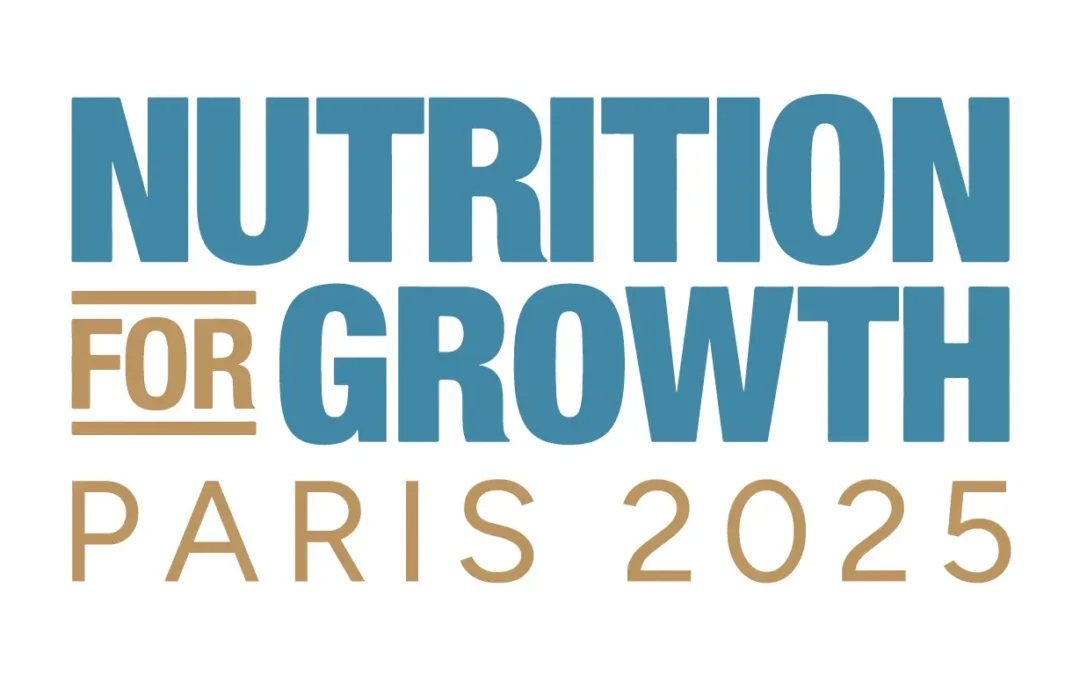The All-Party Parliamentary Group (APPG) on Nutrition for Development is committed to ensuring that nutrition is at the heart of UK international development efforts.
Investments in nutrition are low cost and high impact representing one of the highest value development initiatives. For every US$1 invested in nutrition US$16 is returned to the local economy. Conversely, malnutrition costs African economies between 3-16% of GDP annually. With the limited resources now available for UK Official Development Assistance (ODA), the UK Government should prioritise and protect its nutrition spending.
The recent reduction in ODA could have devastating impacts on the global hunger and malnutrition crisis. The nutrition budget was disproportionately impacted by the cuts to ODA in 2021, with research conducted by Development Initiatives for the Foreign, Commonwealth and Development Office (FCDO) indicating that nutrition spending was cut by more than 60%. The UK Government should not allow this further reduction in spending to exacerbate the existing global crisis.
In a world where 733 million people go hungry every day, over three billion people cannot afford a healthy diet, and nearly half of all deaths of children under five years old are caused by malnutrition, nutrition is foundational to development and core to UK development aims.
Since 2013, Nutrition for Growth (N4G) has been a key event for driving greater action towards ending malnutrition, mobilising the international community, and placing nutrition higher up the development agenda. This year, commitments made at the Paris N4G in March will be more important than ever in elevating the fight against malnutrition. The Summit’s outcomes will have a lasting impact on the health, development, and economic potential of millions of people worldwide, especially women and children. We urge the new Minister for International Development to attend N4G and to make a strong and ambitious pledge at the Summit.
Our aspiration is for the UK to invest at least £500 million in nutrition-specific interventions by 2030. We urge the UK Government to begin this journey by investing £50 million into the Child Nutrition Fund (CNF) this year. This would give the UK Government the opportunity to maximise its investment by leveraging domestic resources and philanthropic funding, with the potential to transform a £50 million UK contribution into up to £500 million of impact, maximising our contribution at a time of fiscal constraint.
Furthermore, UK policy priorities at N4G should include:
- setting an ambition to reach at least 50 million children, women, and adolescent girls with nutrition-related interventions by 2030 and report yearly on how many people are reached with nutrition-specific interventions;
- integrating nutrition across development sectors, to make meaningful progress in tackling the underlying causes of malnutrition;
- ensuring that at least 90% of nutrition spending is gender-sensitive, recognising that women and girls are disproportionately affected by hunger and malnutrition;
- building on the UK’s nutrition policy expertise by partnering with governments and research institutions to fund research in key areas such as preventing malnutrition, child wasting, adolescent nutrition, and Immunisation-Nutrition Integration (INI);
- supporting global accountability efforts by funding the Global Nutrition Report to enhance the Nutrition Accountability Framework, a critical tool to ensure governments follow through on their N4G commitments; and
- strengthening partnerships with local civil society organisations so they can advocate for nutrition to their governments.
We call for the UK to continue to play a leading role as a key global nutrition partner, driving this agenda and working alongside other donor and high-burden countries to ensure global nutrition investments deliver maximum impact.

